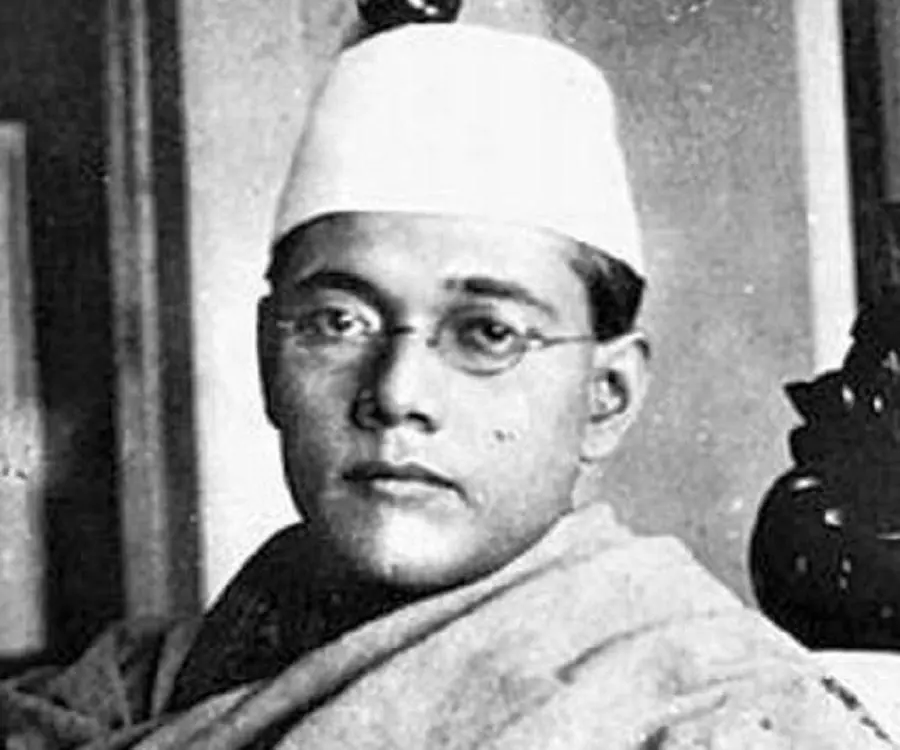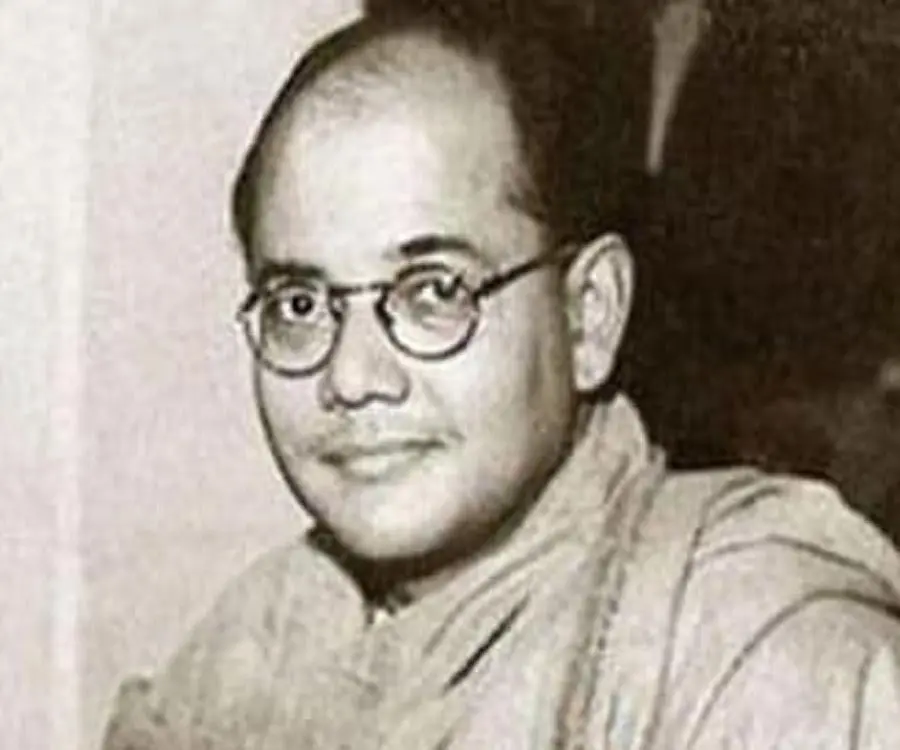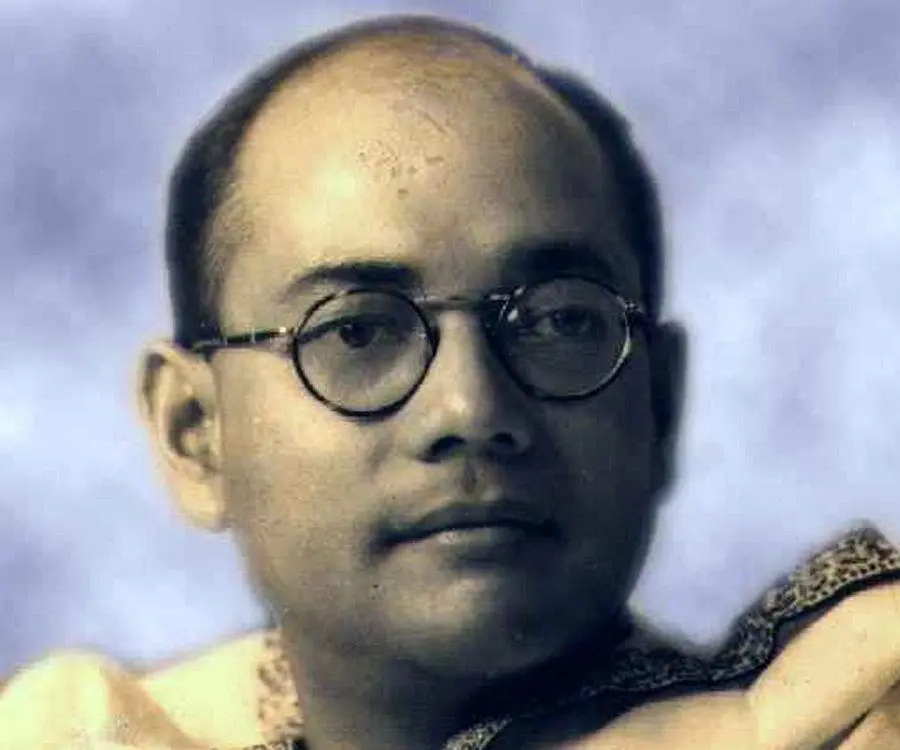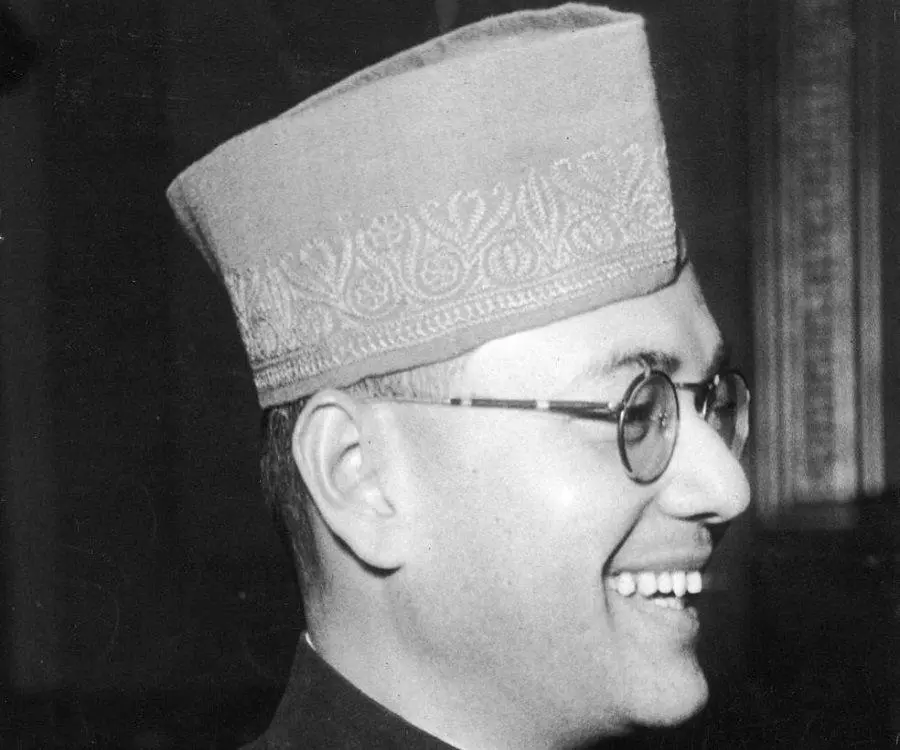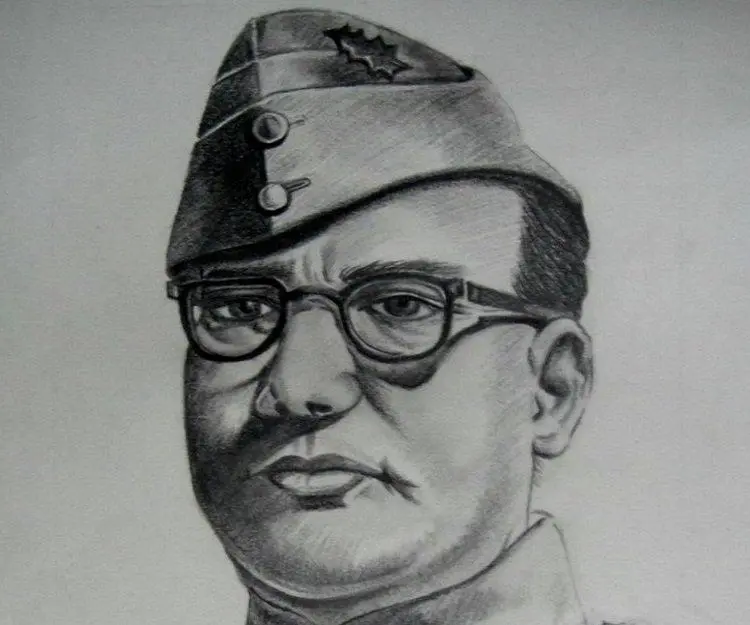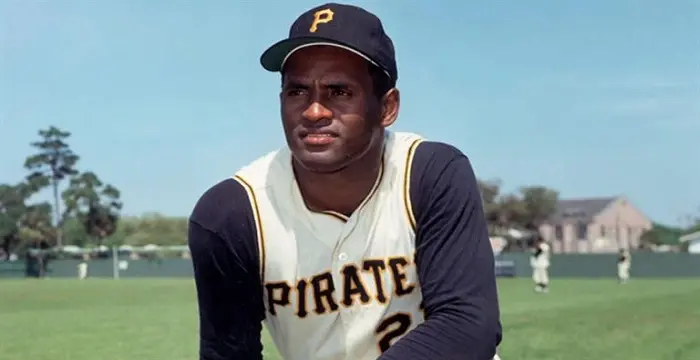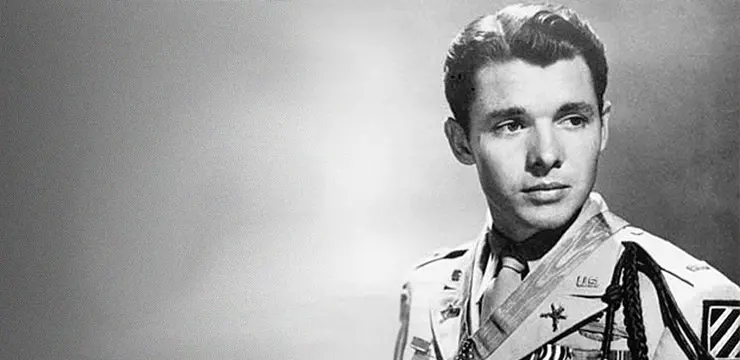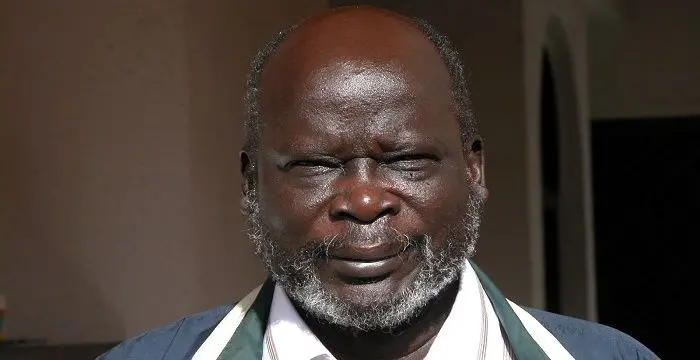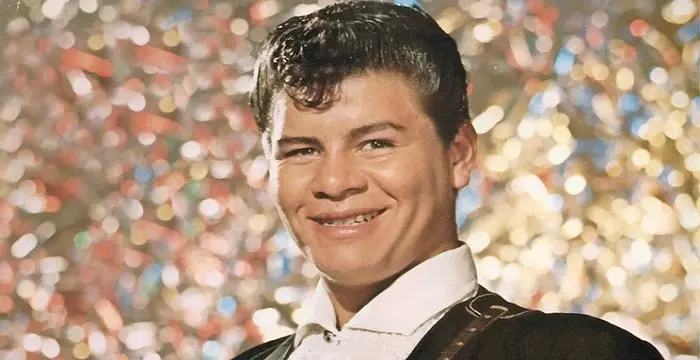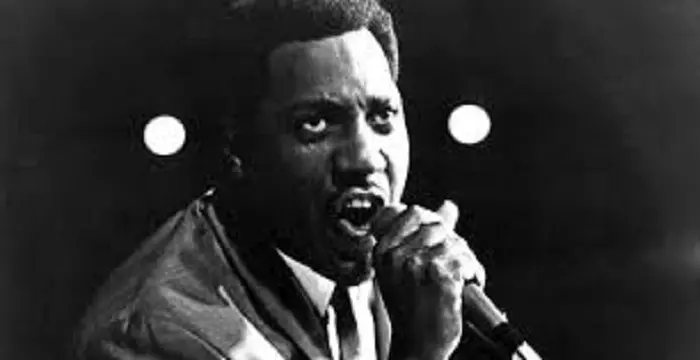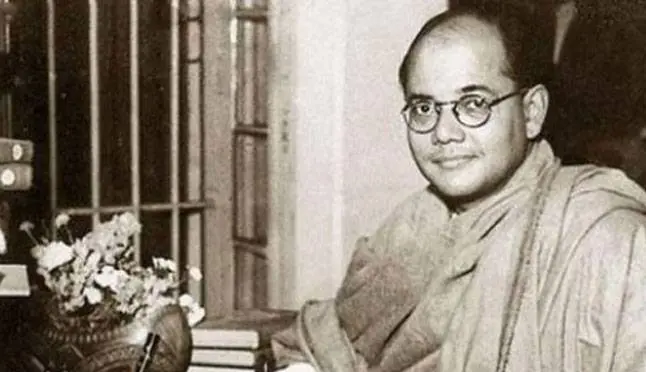
Subhas Chandra Bose - Political Leaders, Birthday and Family
Subhas Chandra Bose's Personal Details
Subhas Chandra Bose is one of the prominent Indian Nationalist leader who gave his life for India’s freedom from British rule
| Information | Detail |
|---|---|
| Birthday | January 23, 1897 |
| Died on | August 18, 1945 |
| Nationality | Indian |
| Famous | Leaders, Political Leaders |
| Spouses | Emilie Schenkl |
| Siblings | Sarat Chandra Bose |
| Known as | Netaji |
| Childrens | Anita Bose Pfaff |
| Universities |
|
| Cause of death |
|
| Birth Place | Cuttack |
| Political Ideology | Indian National Congress, Forward Bloc |
| Religion | Hinduism |
| Gender | Male |
| Father | Janakinath Bose |
| Mother | Prabhavati Devi |
| Sun Sign | Aquarius |
| Born in | Cuttack |
| Died at Age | 48 |
// Famous Political Leaders
Edi Rama
Edi Rama is the current Prime Minister of Albania. Check out this biography to know about his childhood, life, achievements, works & timeline.
Khalifa bin Zayed Al Nahyan
Sheikh Khalifa bin Zayed Al Nahyan is the current President of the United Arab Emirates (UAE). Check out this biography to know about his birthday, childhood, family life, achievements and fun facts about him.
Leo Varadkar
Cam Leo Varadkar is the current Taoiseach—the Prime Minister—of the Republic of Ireland. Check out this biography to know about his childhood, family life, achievements and other facts about his life.
Subhas Chandra Bose's photo
Who is Subhas Chandra Bose?
A true revolutionary and an Indian nationalist leader, Subhas Chandra Bose is, undoubtedly, one of the prominent names that feature in the list of people who gave their lives India’s independence. He is popular across the country for his adage, “Give me Blood and I will give you Freedom”, which very well sums up his profound patriotism and love for the country. Like many other Indian nationalist leaders, he envisioned an independent India and a complete Swaraj from British Raj. Though Bose’s ideology and philosophy did not match with Mahatma Gandhi and other Indian National Congress leaders, his vision was just the same as any other nationalist hero. He is known for his political acumen and military knowledge and his struggle which he often referred to as a moral crusade. Founder of the Azad Hind Radio, Azad Hind Fauj and Azad Hind Government in exile, Bose made his intentions clear right from the very beginning. Though he did not achieve much success in his effort, his determination and hard work are nevertheless commendable. Interestingly, Clement Attlee, under whose prime-ministerial rule India gained independence, is said to have claimed that it was the Bose-led INA that weakened the very foundation of British troops and inspired the Royal Navy mutiny in 1946, leading the British to believe that they no longer were in a position to rule India.
// Famous Leaders
Edi Rama
Edi Rama is the current Prime Minister of Albania. Check out this biography to know about his childhood, life, achievements, works & timeline.
Tecumseh
Tecumseh was a Native American leader of the Shawnee clan. This biography profiles his childhood, life and timeline.
Khalifa bin Zayed Al Nahyan
Sheikh Khalifa bin Zayed Al Nahyan is the current President of the United Arab Emirates (UAE). Check out this biography to know about his birthday, childhood, family life, achievements and fun facts about him.
Childhood & Early Life
Ninth of the fourteen children of Janakinath Bose and Prabhavati Devi, Subhas Chandra Bose was born in Cuttack, then coming under Bengal Presidency.
A brilliant student since childhood, Bose excelled at his studies attaining an overall second position in the matriculation examination. He enrolled at the Presidency College in 1911 but was sacked out from the same for assaulting Professor Oaten for the latter's anti-India comments.
Bose, then, completed his graduation from Scottish Church College at the University of Calcutta, attaining a BA in philosophy in 1918. Following year, he gained admission at the Fitzwilliam College, Cambridge to appear in the Indian Civil Services Examination (ICS).
Following his father’s wish, Bose did crack the examination with a fourth rank and secured a job with the civil service department but could not continue with the same for long. For Bose, continuing the work would be working under an alien government and serving the British, which he morally did not approve of.
Bose forego the hard-earned, lucrative job and came back to India, where he joined the Indian National Congress to contribute in the Independence struggle. For the same, the first step was starting the newspaper, ‘Swaraj’. Additionally, he even took charge of publicity for the Bengal Provincial Congress Committee.
Under the guidance and support of Chittaranjan Das, the spirit of nationalism grew by leaps and bounds in Bose. Soon he secured the chair of the President for the All India Youth Congress and served as the Secretary for the Bengal State Congress in 1923.
Bose also rose to the position of the editor for the newspaper, ‘Forward’, founded by Chittaranjan Das and qualified to the post of the CEO of Calcutta Municipal Corporation.
His nationalistic attitude and contribution in the Indian struggle for independence did not go well with the British and in 1925, he was sent to prison in Mandalay.
Political Pursuits
Coming out of the prison in 1927, Bose began his political career on a full-fledged note. He secured the position of the general secretary of the Congress party and started working alongside Jawaharlal Nehru in the struggle for independence.
Three years later, Bose rose to become the Mayor of Calcutta. In the mid-1930s, he travelled extensively in Europe, visiting Indian students and European politicians, including Benito Mussolini.
Over the years, Bose had gained so much of popularity that he became a leader of national stature. Also, the popularity and admiration won him a nomination as a Congress President.
Bose’s nomination, however, did not go well with Mahatma Gandhi, who opposed Bose’s run for Presidency as the latter believed in attaining complete Swaraj, even if it meant using force against the British.
Clash of opinions caused a split in the Indian National Congress, with Bose forming his own cabinet. In the 1939 Congress President elections Bose defeated Pattabhi Sitaramayya (Gandhiji’s chosen candidate), but could not continue his Presidency for long as his belief system was stark opposite to those in the Congress Working Committee.
Post resigning from the Congress presidency, Bose organised the Forward Bloc on June 22, 1939. Though Bose greatly opposed the British, he nevertheless was impressed by their methodical and systematic approach and their steadfastly disciplinarian outlook towards life
During World War II, Bose advocated mass civil disobedience to protest against Viceroy Lord Linlithgow's decision to declare war on India's behalf without consulting the Congress leadership. This action of his cost him seven days of imprisonment and 40 days of house arrest.
On the 41st day of house arrest, Bose dressed as a Maulavi escaped from his house to reach Germany under the Italian passport with the name Orlando Mazzota. He reached Germany, via Afghanistan, Soviet Union, Moscow and Rome.
Under the guidance of Adam von Trott zu Solz, Bose founded the Special Bureau for India, which broadcasted on the German-sponsored Azad Hind Radio. He believed in the fact that ‘an enemy’s enemy is a friend in turn’ and thus, sought the cooperation of Germany and Japan against the British Empire.
Bose founded the Free India Center in Berlin and created the Indian Legion out of Indian prisoners of war who had previously fought for the British in North Africa. A total of almost 3000 Indian prisoner had signed up for the Free India Legion.
Germany’s fall in the war and the eventual retreat of the German army, however, led Bose to believe the fact that the German army was no longer in position to help India drive out the British from their motherland.
Devastated, Bose slipped out of Germany aboard a submarine to reach Japan in 1943.
Bose’s arrival at Singapore gave hopes of revival of INA (Indian National Army), originally founded in 1942 by Captain General Mohan Singh and then headed nationalist leader Rash Behari Bose. Rash Behari Bose handed complete control of the organisation.to Subhas Chandra Bose. The INA came to be known as the Azad Hind Fauj and Subhas as ‘Netaji’.
Netaji not only re-organized the army troops but attracted immense support from the emigrant Indians in Southeast Asia. Apart from enrolling themselves in the Fauj, people began to lend financial support as well. The Azad Hind Fauj also came up with a separate women unit, the first of its kind in Asia
The Azad Hind Fauj expanded considerably and started functioning under a provisional government, Azad Hind Government. They had their own postage stamps, currency, courts and civil codes and were recognized by nine Axis states.
It was in 1944 that Netaji gave his motivational speech where he asked his people to give him blood while he promised freedom of the country in return. Inspired by the highly provocative words, people joined him in large numbers for his fight against the British Raj.
With Netaji as the Chief Commander of the Azad Hind Fauj, the army proceeded towards India to liberate the country from the British Raj. En-route it freed the Andaman and Nicobar Islands and named the two islands as Swaraj and Shaheed. Rangoon became the new base camp for the army.
With their first commitment at the Burma front, the army fought a competitive battle against the British and finally managed to hoist the Indian national flag on the grounds of Imphal, Manipur.
The unanticipated counter-attack by the commonwealth forces, however, took the Japanese and the German army by surprise who took to retreat to Burma. The retreat and fall of Rangoon base camp destroyed the dreams of Bose to become an effective political entity and with it the hope of the provisional government to ever establish a base at mainland India.
Undeterred by the fall and the defeat of the Azad Hind Fauj, Netaji planned to travel to Russia to ask for help. However, unfortunately, he did not reach the Russian soil and met with an unfortunate accident that led to his death.
Awards & Achievements
Netaji Subhas Chandra Bose was posthumously honoured with a Bharat ratna award, India’s highest civilian award. However, the same was later withdrawn, following a PIL which was filed in the court against the ‘posthumous’ nature of the award.
A statue of him has been erected in front of the West Bengal Legislative Assembly, while his photo prominently dawns in one of the walls of the Indian Parliament.
In the recent times, he has been depicted in popular cultures. While he has been a spoof of thought for various writers who have penned numerous books on him, there are various films that portray this Indian nationalism hero.
Personal Life & Legacy
Though disregarded by the members of the Forward Bloc, Bose was said to have tied the knot with the daughter of an Austrian veterinarian, Emilie Schenkl in the year 1937. The couple was blessed with a daughter named Anita Bose Pfaff in the year 1942.
On board a plane en-route to Russia on August 18, 1945, Netaji met with an unfortunate accident, which led to his death. The Japanese Army Air Force Mitsubishi Ki-21 bomber, which he was traveling on, experienced engine trouble, and crashed at Taipei, Taiwan.
Bose who suffered from major injuries was badly burnt. Though he was taken to the nearest hospital, he could not make it and left for the heavenly abode in a four hours’ time.
His body was cremated and a Buddhist memorial service was held at Nishi Honganji Temple in Taihoku. Later, his ashes were interred at the Renkoji Temple in Tokyo, Japan.
Trivia
"Give me blood, and I shall give you freedom!" is one of the many famous quotes quoted by this Indian nationalist leader during the struggle for independence. Other famous quotes include, ‘Dilli Chalo’, ‘Ittefaq’, ‘Etemad, Qurbani’, ‘Jai Hind’ and ‘Glory to India!’
He was the founder of the party, All India Forward Bloc.
// Famous Aquarius Celebrities peoples
Jessii Vee
Check out all that you wanted to know about Jessii Vee, the famous Canadian Vlogger & YouTube Personality; her birthday, her family and personal life, her boyfriends, fun trivia facts and more.
Luara Fonseca
Luara Fonseca, known on the web as “luaraff,” is a musical.ly star. Check out this biography to know about her childhood, family life, achievements and fun facts about her.
Shane Blanchard
Shane Blanchard is an American TV actor. Let’s take a look at his family and personal life including age, birthday, net worth, family life and some fun facts.
Subhas Chandra Bose biography timelines
- // 23rd Jan 1897Ninth of the fourteen children of Janakinath Bose and Prabhavati Devi, Subhas Chandra Bose was born in Cuttack, then coming under Bengal Presidency.
- // 1918Bose, then, completed his graduation from Scottish Church College at the University of Calcutta, attaining a BA in philosophy in 1918. Following year, he gained admission at the Fitzwilliam College, Cambridge to appear in the Indian Civil Services Examination (ICS).
- // 1923Under the guidance and support of Chittaranjan Das, the spirit of nationalism grew by leaps and bounds in Bose. Soon he secured the chair of the President for the All India Youth Congress and served as the Secretary for the Bengal State Congress in 1923.
- // 1925His nationalistic attitude and contribution in the Indian struggle for independence did not go well with the British and in 1925, he was sent to prison in Mandalay.
- // 1927Coming out of the prison in 1927, Bose began his political career on a full-fledged note. He secured the position of the general secretary of the Congress party and started working alongside Jawaharlal Nehru in the struggle for independence.
- // 1930Three years later, Bose rose to become the Mayor of Calcutta. In the mid-1930s, he travelled extensively in Europe, visiting Indian students and European politicians, including Benito Mussolini.
- // 1937Though disregarded by the members of the Forward Bloc, Bose was said to have tied the knot with the daughter of an Austrian veterinarian, Emilie Schenkl in the year 1937. The couple was blessed with a daughter named Anita Bose Pfaff in the year 1942.
- // 1939Clash of opinions caused a split in the Indian National Congress, with Bose forming his own cabinet. In the 1939 Congress President elections Bose defeated Pattabhi Sitaramayya (Gandhiji’s chosen candidate), but could not continue his Presidency for long as his belief system was stark opposite to those in the Congress Working Committee.
- // 1943Devastated, Bose slipped out of Germany aboard a submarine to reach Japan in 1943.
- // 1944It was in 1944 that Netaji gave his motivational speech where he asked his people to give him blood while he promised freedom of the country in return. Inspired by the highly provocative words, people joined him in large numbers for his fight against the British Raj.
- // 18th Aug 1945On board a plane en-route to Russia on August 18, 1945, Netaji met with an unfortunate accident, which led to his death. The Japanese Army Air Force Mitsubishi Ki-21 bomber, which he was traveling on, experienced engine trouble, and crashed at Taipei, Taiwan.
// Famous Plane Crash peoples
Roberto Clemente
Roberto Clemente was a professional Puerto Rican baseball player, who is regarded among the best baseball players ever. Check out this biography to know about his childhood, family life, achievements and other facts related to his life.
Audie Murphy
Audie Murphy was a legendary American combat soldier who fought during World War II. Read this biography to learn more about his childhood, life, works, achievements and timeline.
John Garang
John Garang is a Sudanese politician, who founded and led the 'Sudan People's Liberation Army' in the ‘Second Civil War’. Read on for detailed information about his childhood, profile, career and timeline
Aaliyah
Aaliyah was an American singer best known for her album ‘Age Ain't Nothing but a Number’. This biography of Aaliyah provides detailed information about her childhood, life, achievements, works & timeline.
Ritchie Valens
Richard Steven Valenzuela, also known as as Ritchie Valens, was a singer, songwriter and guitarist. This biography profiles his childhood, life, music career and timeline.
Otis Redding
Otis Redding was an American Singer. Check out this biography to know about his childhood, family life, achievements and fun facts about him.
Subhas Chandra Bose's FAQ
What is Subhas Chandra Bose birthday?
Subhas Chandra Bose was born at 1897-01-23
When was Subhas Chandra Bose died?
Subhas Chandra Bose was died at 1945-08-18
Where was Subhas Chandra Bose died?
Subhas Chandra Bose was died in Taipei
Which age was Subhas Chandra Bose died?
Subhas Chandra Bose was died at age 48
Where is Subhas Chandra Bose's birth place?
Subhas Chandra Bose was born in Cuttack
What is Subhas Chandra Bose nationalities?
Subhas Chandra Bose's nationalities is Indian
Who is Subhas Chandra Bose spouses?
Subhas Chandra Bose's spouses is Emilie Schenkl
Who is Subhas Chandra Bose siblings?
Subhas Chandra Bose's siblings is Sarat Chandra Bose
Who is Subhas Chandra Bose childrens?
Subhas Chandra Bose's childrens is Anita Bose Pfaff
What was Subhas Chandra Bose universities?
Subhas Chandra Bose studied at Ravenshaw College, University of Calcutta, University of Cambridge, Presidency College Kolkata, Fitzwilliam College Cambridge, Scottish Church College, Calcutta
What is Subhas Chandra Bose's cause of dead?
Subhas Chandra Bose dead because of Plane Crash
What is Subhas Chandra Bose's political ideology?
Subhas Chandra Bose's political ideology is Indian National Congress, Forward Bloc
What is Subhas Chandra Bose's religion?
Subhas Chandra Bose's religion is Hinduism
Who is Subhas Chandra Bose's father?
Subhas Chandra Bose's father is Janakinath Bose
Who is Subhas Chandra Bose's mother?
Subhas Chandra Bose's mother is Prabhavati Devi
What is Subhas Chandra Bose's sun sign?
Subhas Chandra Bose is Aquarius



